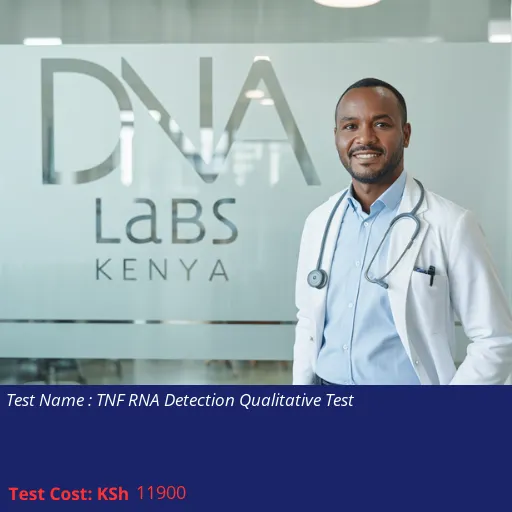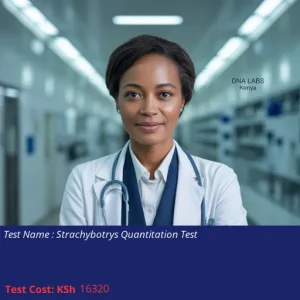TNF RNA Detection Qualitative Test
Introduction to the TNF RNA Detection Qualitative Test
The TNF RNA Detection Qualitative Test is a crucial diagnostic procedure that identifies the presence of viral RNA in a patient’s sample. This test is essential for diagnosing viral infections, allowing for timely and appropriate medical intervention. Utilizing advanced Real Time PCR technology, the test ensures high sensitivity and specificity, making it a reliable choice for healthcare professionals.
What the Test Measures
This test measures the presence of Tumor Necrosis Factor (TNF) RNA, which is a critical marker in understanding the body’s response to viral infections. By detecting TNF RNA, healthcare providers can assess the severity of the infection and tailor treatment plans accordingly.
Who Should Consider This Test?
The TNF RNA Detection Qualitative Test is recommended for individuals exhibiting symptoms of viral infections, such as:
- Fever
- Fatigue
- Muscle aches
- Respiratory issues
Additionally, patients with a history of exposure to viral diseases or those with compromised immune systems should consider this test.
Benefits of Taking the Test
- Early detection of viral infections
- Guides treatment decisions
- Monitors disease progression
- Helps in understanding the immune response
Understanding Your Results
Results from the TNF RNA Detection Qualitative Test are typically available within 36 hours via email and 24 hours over the phone. A positive result indicates the presence of viral RNA, which may require further clinical evaluation and treatment. It is important to discuss your results with a healthcare provider to understand the implications and next steps.
Pricing and Availability
| Test Name | Discount Price | Regular Price |
|---|---|---|
| TNF RNA Detection Qualitative Test | 11900 KSh | 14000 KSh |
Book Your Test Today
We have branches across Kenya, making it easy for you to access our services. To book the TNF RNA Detection Qualitative Test, please call or WhatsApp us at +254711564616. Ensure to sign the consent document and bring any relevant clinical history for accurate testing.







